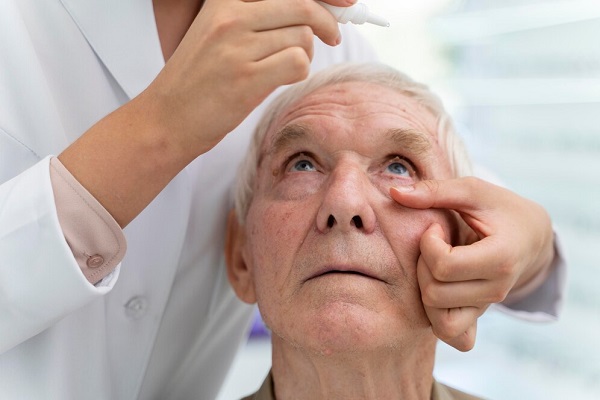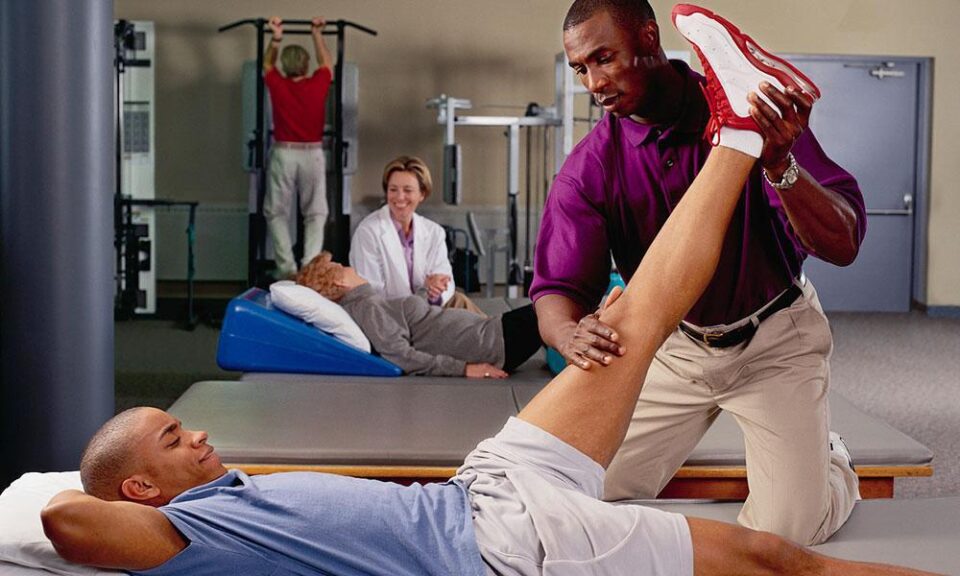The fast-paced lifestyle in the U.S. often glorifies hustle and productivity, leaving little room for rest and reflection. Amid packed schedules, recovery is often treated as an afterthought. But the reality is, proper recovery isn’t just about taking a break, it’s a science-backed process that drives physical health, mental clarity, and long-term performance.
Here’s what you need to know about smarter recovery habits and how implementing them can transform your well-being.
Why Recovery Matters
Recovery is much more than rest. It’s an intentional process that allows your body and mind to heal, recharge, and prepare for what’s next. Without effective recovery, stress and physical strain can accumulate, leading to fatigue, burnout, and even chronic health issues. The good news is that adopting smarter recovery habits isn’t complicated. With the right approach, you can create a recovery routine that fits seamlessly into a busy schedule.
Key benefits of quality recovery include:
- Enhanced physical performance: Muscles repair and strengthen during recovery, improving endurance and strength over time.
- Improved mental health: Proper recovery reduces stress, enhances mood, and aids in better decision-making.
- Reduced risk of injury: Giving your body time to repair prevents overuse injuries and chronic pain.
The Science Behind Recovery
What makes recovery “smart”? It comes down to combining scientific principles with practical application.
Here are the core elements:
The Role of Sleep in Recovery
Sleep is the foundation of any effective recovery plan. During the deepest stages of sleep, your body repairs tissues, clears out toxins in the brain, and restores energy levels. Sleep also regulates important hormones like growth hormone, which is critical for muscle repair and recovery.

Stretching to Promote Mobility
Stretching isn’t just for athletes. It improves circulation, reduces stiffness, and promotes flexibility, which are all essential for recovery. When muscles are tight, they restrict blood flow, slowing the delivery of nutrients and oxygen they need to repair.
The Role of Nutrition and Hydration
Your body needs fuel to recover effectively. Proteins provide the building blocks for muscle repair, while carbohydrates replenish glycogen stores. Adding anti-inflammatory foods like leafy greens, berries, and omega-3s can speed up the healing process.
Active Recovery
Active recovery involves low-intensity activities that keep the body moving without placing strain on it. Light forms of exercise, like walking or gentle yoga, improve circulation and help remove lactic acid, reducing soreness.
The Breathing Connection
Deep, mindful breathing activates the parasympathetic nervous system, responsible for calming the body and promoting rest. Breathing exercises help lower cortisol levels, reduce heart rate, and encourage full body relaxation.
How to Create a Smarter Recovery Routine?
To make recovery habits sustainable, start small and build gradually. Here’s a sample one-day recovery plan:
- Morning: Begin with light stretching or a short yoga flow to wake up your body.
- Midday: Take short movement breaks during work hours to prevent stiffness. Walk around or do simple desk stretches.
- Evening: Prepare a nutrient-rich dinner featuring lean protein and healthy carbs. Dedicate 15 minutes to deep breathing or meditation to unwind. Seven to nine hours of sleep should follow.
Conclusion
Recovery is not a luxury, it’s a necessity. By understanding the science behind recovery and adopting smarter habits like sleep, stretching, and balanced nutrition, you can elevate your physical and mental well-being.
Even with the fast pace of life in the U.S., small, intentional changes can make a big difference. Take the time to recover smarter, and you’ll find yourself stronger, sharper, and ready to take on whatever comes your way.

